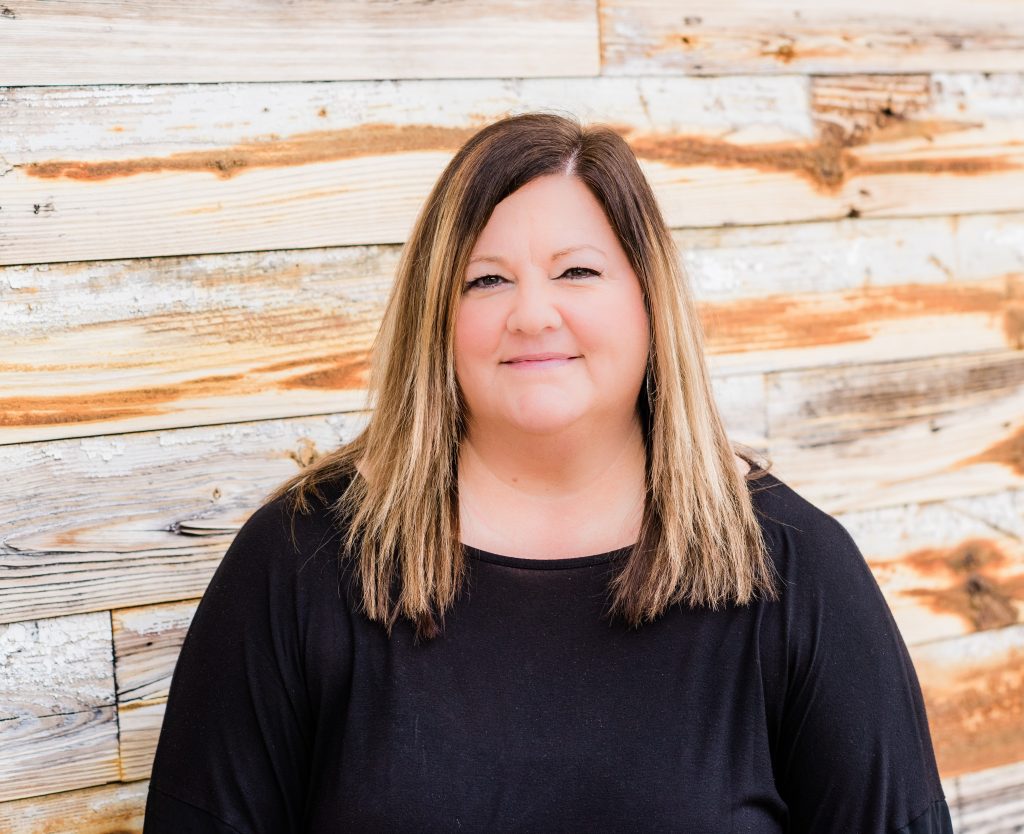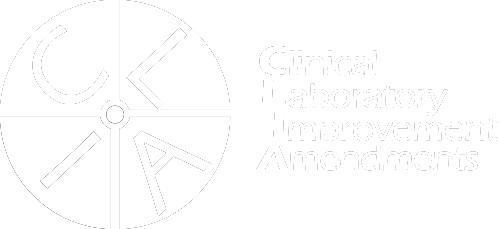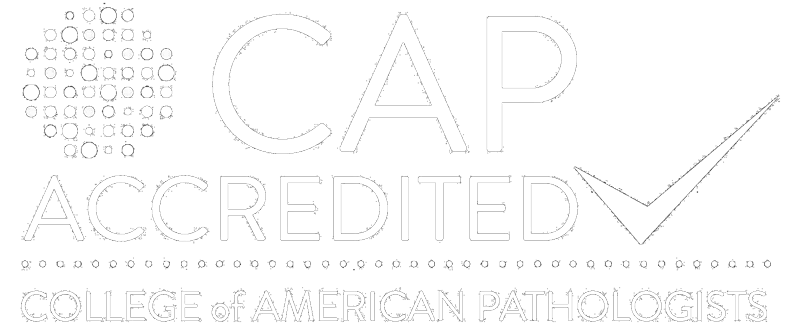It’s true…. we all have a story. Hi, my name is Julie Seymore and I am the Treatment Court Administrator for the 11th Judicial Circuit Treatment Court in St. Charles County, Missouri. My story has a couple of stories within the story and they all revolve around tragedies that occurred because of alcohol.
First, I want to tell you about Elizabeth. At the young age of 18, Elizabeth left home and joined a convent. Her mother abandoned her when she was four, re-appeared when she was eight and then took off again when she was 13, never to be seen again. Elizabeth struggled with relationships and did not trust anyone. She turned to alcohol and soon was suffering from alcoholism. She spent many years struggling with her addiction and trying to hide it from everyone around her.
Elizabeth moved from convent to convent and ended up in Los Angeles. While there, she finally had enough of her disease and went to treatment at the Betty Ford clinic just outside of Palm Springs. She overcame her addiction, got into school and became a substance use counselor, giving back to those that had similar struggles.
One night while driving home from her work as a counselor, Elizabeth was pulling into her apartment complex when she was hit by a drunk and drugged driver. She was killed instantly. Her story came full circle that night. She struggled with alcoholism, got sober and was living a life of recovery while trying to help others do the same, then was hit and killed by a drunk driver.
So, what’s the significance of Elizabeth’s story? We hear similar stories all the time. Well, it’s significant to me because Elizabeth was my aunt, and at the time I was working as a Treatment Court Probation Officer. I didn’t tell anyone about my aunt’s death because I was afraid they would remove me from Treatment Court and I couldn’t let that happen. During my time in Treatment Court, I had seen the changes in the participants I was working with and knew the importance of the work we were all doing to help those in recovery.
This brings me to the next part of my story. I finally talked about my aunt’s death and I disclosed everything at our Treatment Court graduation where I was the commencement speaker. I asked our then administrator if I could give the remarks and explained why. He agreed and I put it all out there. Now we are going to meet Shane.
Shane was one of the graduates I spoke to when I talked about my aunt. I had been his probation officer and it took a lot of time for Shane to realize he was an alcoholic and needed help. But when the light flipped on… oh man, was it bright! He got it! When Shane gave his remarks he said, “But for the grace of God I could have been the one that killed Julie’s aunt.” He went on with his remarks. This was October of 2000 something.
That next January, Shane came into my office pleading for help for his 19-year-old son who had gotten two DWIs back-to-back. He didn’t want him going down the same path. Shane and I worked together to get his son into treatment and by all accounts he was doing well. That is, until one March morning when I came into my office and discovered the police had contacted Shane overnight.
I immediately called Shane to find out why the police had been to his house at 2AM. He was very upset and I knew things were not good. He shared that his son had been in Florida for spring break with some friends and had gotten drunk. He was attempting to cross a busy interstate on foot when he was struck and killed. The driver was also drunk. I asked Shane if he needed me to come to his house or if there was anything I could do to help him. He advised that he had called his sponsor while the police were with him and his entire home group had been with him all night.
I tell Shane and Elizabeth’s story as part of my story because it reinforces what I’ve always known. Treatment courts, drug courts, DWI courts, mental health courts, family courts, whatever you want to call it WORK! Eventually, our participants will be done with our program, and eventually they will be done with supervision, BUT they will always have the recovery support programs available to them for the rest of their life. There’s a whole community of individuals that have shared experiences and most are willing to help their fellow brother or sister in need with their journey in recovery. If we can save one person from suffering the fate of Elizabeth and Shane’s son we have done our job.
Thank you for letting me share my story.

Julie Seymore has been the Treatment Court Administrator for St. Charles County for the last 10 years. Prior to that, she worked as a probation and parole officer for 13 years. She serves as a faculty member for the National Association of Drug Court Professionals and travels around the country training other courts on best practices for treatment courts. Julie also serves as the Director of Development for the Missouri Association of Treatment Court Professionals. She has been assigned to serve on the Missouri Treatment Court Committee by the Missouri Supreme Court and on several other state and local boards and committees.


